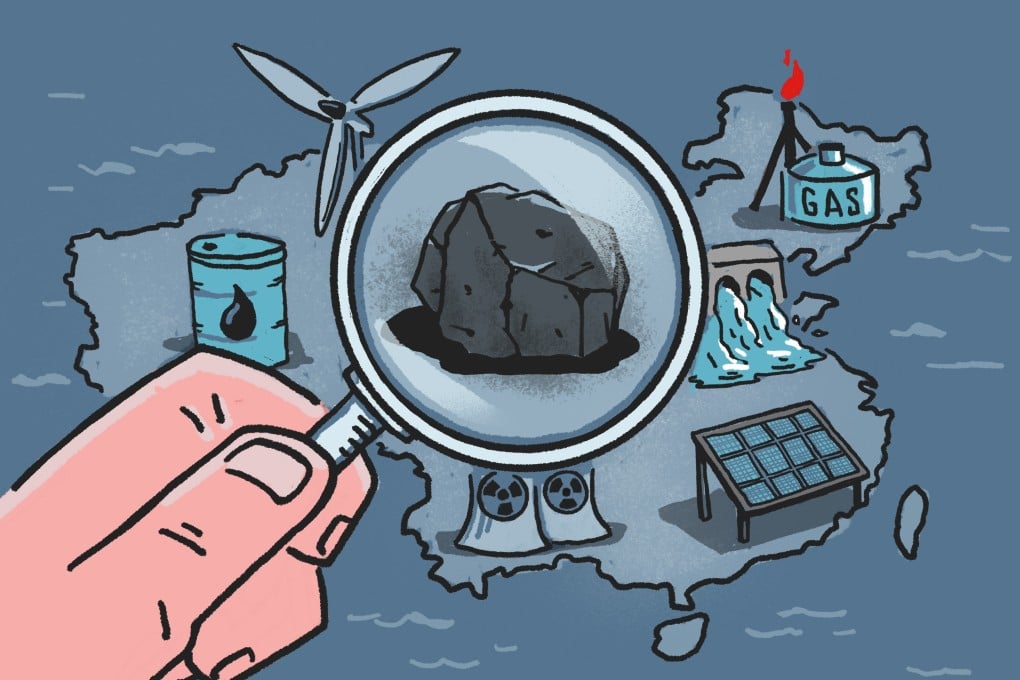Advertisement
COP26: can China quit its coal habit while the world wrangles over climate goals and phasing out the ‘dirtiest’ fossil fuel?
- Coal produces nitrogen oxide, sulphur dioxide and carbon dioxide, the primary greenhouse gas and one of the main culprits of climate change
- Coal burning in open stoves and furnaces generate fine particles that hang in the air, leading to the notorious smogs of 1950s London, and Beijing
Reading Time:6 minutes
Why you can trust SCMP
19

This second instalment of a four-part series on the 2021 United Nations Climate Change Conference in Glasgow looks at coal, and why it is shunned by environmentalists as the “dirtiest” of all fossil fuels.
Coal is the focus of discussions at the annual United Nations Climate Change Conference in Glasgow, as political and corporate leaders debate how to handle the most carbon-intensive of all fossil fuels in their fight against climate change.
Over 40 countries – minus two of the three biggest users, the United States and China – committed to shift away from coal power, including Indonesia, Vietnam, Poland, and South Korea, while multinational banks and financial institutions agreed on a time frame to stop funding coal-related businesses.
China, user of half of the world’s 2020 coal demand and emitter of 30 per cent of worldwide carbon dioxide, added nothing new in Glasgow, after pledging in September to stop financing offshore coal power projects. That fell well short of the litany of actions needed to cap global warming below 2 degrees – preferably within 1.5 degrees – by 2100, to avert disastrous social and economic impacts, climate activists said.
“Coal must be out of the power sector by 2030” in the 38-member Organisation for Economic Cooperation and Development (OECD), and “globally by 2040,” said Bill Hare, chief executive of Germany-based non-government organisation Climate Analytics. “In spite of political momentum and the clear benefits beyond climate change mitigation, there is still a huge amount of coal in the pipeline.”

The stakes could not be higher for China, particularly because the economy’s coal addiction runs up against President Xi Jinping’s September 2020 pledge for the nation to become net carbon neutral by 2060. Deciphering China’s relationship with coal is key to understanding its pathway towards carbon neutrality.
Advertisement